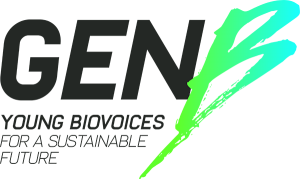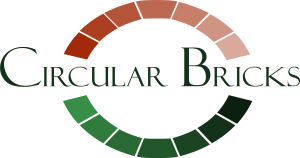PRIMED project
This project ends on: 31/12/2026
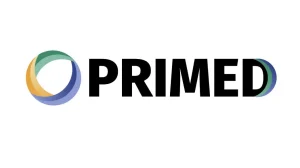
Redesigning the Primary Sector for Maximizing Bioeconomy Development
The PRIMED Project PRIMED will co-create innovative forms of cooperation to integrate primary producers in novel bioeconomy value chains with a multi-actor approach. To do so, PRIMED will develop novel CBMB to produce high-value bio-based products through advanced biorefineries and will demonstrate them in five Living Labs (LLab) where end users can access to finance through open calls. PRIMED will also empower multi-actors to co-design a collaborative ecosystem to accelerate the bioeconomy, with an Open Access knowledge hub and toolkit (PRIMED digital toolbox).
Peuker Steinhäuser Vivian: vivian.peukersteinhaeuser@ruhr-uni-bochum.de
website: https://www.primed-project.eu




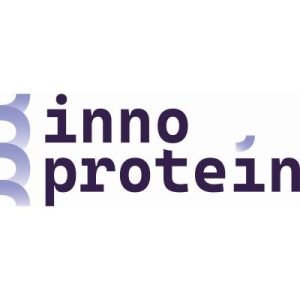
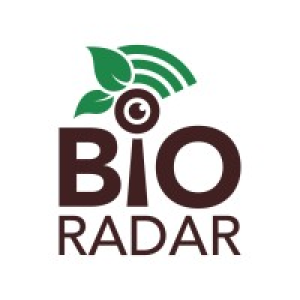
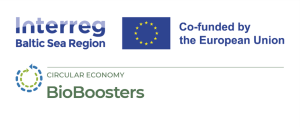
 The BlueMissionMed Coordination and Support Action (CSA) will design, structure and support a well-functioning basin scale innovation ecosystem, ensuring fast progress towards the achievement of EU Mission “Restore Our Oceans and Waters by 2030” objectives and important impact on the society.
The BlueMissionMed Coordination and Support Action (CSA) will design, structure and support a well-functioning basin scale innovation ecosystem, ensuring fast progress towards the achievement of EU Mission “Restore Our Oceans and Waters by 2030” objectives and important impact on the society.